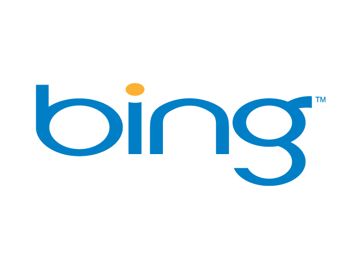Microsoft today announced that it has partnered with Encyclopedia Britannica and will start to prominently feature answers from Britannica Online on the search results pages of Bing. As Franco Salvetti, the principal development lead for Bing, notes in today’s announcement, Bing is “about delivering relevant information in a more organized way to help you find what you need more quickly and get stuff done.” The search engine’s answer feature tries to provide users with a snippet of useful information related to their questions and keywords without having to visit a webpage.
Results from Encyclopedia Britannica will now feature a thumbnail and some useful facts about the topic (as well as links to Wikipedia, Britannica, Freebase and – for those who don’t like to read – Qwiki).
 It’s hard not to look at this partnership without also thinking about Google’s Knowledge Graph project. The difference, though, is that Google’s project is far more complex and ambitious than this. Indeed, in some ways this partnership with Encyclopedia Britannica feels like a poor man’s version of Google’s project.
It’s hard not to look at this partnership without also thinking about Google’s Knowledge Graph project. The difference, though, is that Google’s project is far more complex and ambitious than this. Indeed, in some ways this partnership with Encyclopedia Britannica feels like a poor man’s version of Google’s project.
Coincidentally, I had a chat with John Giannandrea, the co-founder of Metaweb who is now a director of engineering at Google and one of the brains behind the Knowledge Graph project, yesterday. Currently, Google’s Knowledge Graph knows about 500 million entities and how they relate to each other. While it’s probably not quite fair to compare this directly to Britannica Online, its worth noting that the old-school encyclopedia features “just” 120,000 articles.
One of the facts Giannandrea noted during our discussion was that the Knowledge Graph and Google Search are, in some ways, mutually dependent on each other. Google’s algorithms decide what entities to show users when the Knowledge Graph is triggered based on what it has learned from previous searches by its users. Giannandrea and the rest of the Google team want to aggregate and publish information about virtually everything people would ever search for.
Bing, too, of course, want to help users answer their questions, but Google taking a fundamentally different and far more ambitious approach that will likely continue to influence more and more of its efforts in the search space in the months to come.
